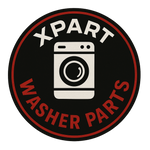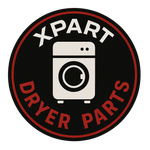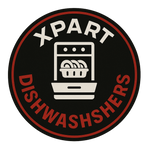If you're considering purchasing a used appliance, you're not alone. Many consumers are turning to second-hand markets to find high-quality items at a fraction of the cost of new ones. Though buying used appliances can be budget-friendly, it's important to proceed with caution to ensure you get a reliable product. Here are 10 essential tips to guide you through the process.
1. Assess Your Needs
Before diving into the used appliance market, clearly define what you need. Whether it's a refrigerator, oven, or washing machine, understanding your requirements will help you focus and streamline your search.
2. Research the Brand and Model
Take some time to research the brands and models you're interested in. Look for online reviews and customer feedback to determine the reliability and performance of different appliances. Some brands may have a reputation for longevity, making them a better investment even when purchased used.
3. Inspect the Appliance
Physically inspect the appliance for any signs of wear and tear. Check for rust, cracks, or any major dents. Make sure the doors seal properly and that any electrical components are functioning correctly.
4. Ask for a Demonstration
Before committing to a purchase, ask the seller for a demonstration to see the appliance in working condition. This will give you a better idea of its current state and whether it's worth the asking price.
5. Verify the Age of the Appliance
Determine the age of the appliance by checking the serial number or asking the seller directly. Older appliances may have parts that are difficult to replace, so knowing the age can help guide your decision.
6. Inquire About Past Repairs
Ask the seller about any past repairs or maintenance the appliance has undergone. This information can indicate how well the item has been cared for and whether it's likely to need frequent repairs in the future.
7. Consider Energy Efficiency
Older appliances may not be as energy-efficient as newer models. Consider the potential increase in your utility bills when evaluating whether a used appliance is truly worth the cost.
8. Negotiate the Price
Don't hesitate to negotiate the price. Sellers often expect some level of negotiation, and you may be able to secure a better deal by doing a little bargaining.
9. Check for a Warranty or Return Policy
Though it's less common for used items, some sellers may offer a limited warranty or return policy. This can provide some peace of mind, especially if you're purchasing a more complex appliance.
10. Know Where to Shop
There are many places to buy used appliances, from online marketplaces to thrift stores. When searching, consider using a trusted supplier like xpartsupply.com for quality assurances and a wide selection of appliances.
By following these tips, you'll be well on your way to finding a reliable and cost-effective used appliance that suits your needs. Good luck with your search, and may you find the perfect addition to your home.









